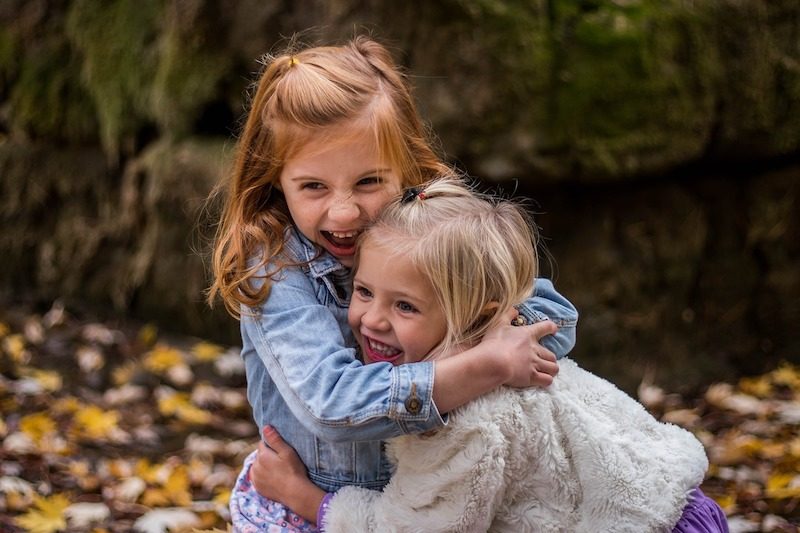Donor children are no different from other °Å¸Â§°Å¸Â¼°Å¸Â§°Å¸Â½°Å¸Â§°Å¸Â¾
Are you considering starting a family using a sperm donor and wondering how donor children do in later life? Cryos International, the world’s largest sperm bank, spoke with Professor Susan Golombok to learn more about the wellbeing of donor children.
Susan Golombok is Professor of Family Research and Director of the Centre for Family Research at the University of Cambridge. Her research examines the impact of new family forms on parenting and child development. Here, Susan Golombok shares some of the findings from her research on the psychological wellbeing of donor children.
Donor children are no different from other children
Donor conceived children do not differ from other children. Golombok explains: “It was thought in the early days of donor insemination that donor children might have some psychological problems because perhaps their parents, in particular their fathers, would feel more distant from them. This is not the case.”
“The research”, Golombok continues, “has now been going on for three decades and it shows that donor children are very well adjusted. Actually, donor children are no different from children in other families.” Very good news for both donor children and their parents.
Be honest with your child
As a parent it can be difficult to decide if or how to tell a child that he or she was conceived using a sperm donor. In the field of family research, questions about whether or not parents should tell their children that they are donor conceived have been debated since the early days, the growing opinion however, has been that parents should be open to their children about this. Golombok explains:
“We found from our research that children who are not told are doing well, but taking everything together, it seems that if parents tell their children when they are young, before they reach school age, this has the best outcome in terms of the parent’s relationship with their children.
"We can see that all the way up to the adolescence the children who were told when they were in their preschool years had better relationships with their parents at adolescence.”
In conclusion 🧒ðŸ¼ðŸ§’ðŸ½ðŸ§’ðŸ¾â€‹
Donor children are doing fine! As a parent, just remember to be open and honest with your child and the child will be just as well adjusted as any other.
Want to see a video interview with Susan Golombok or to know more about donor children, donor sperm, fertility treatment and pregnancy? Visit the Cryos International’s blog here.
